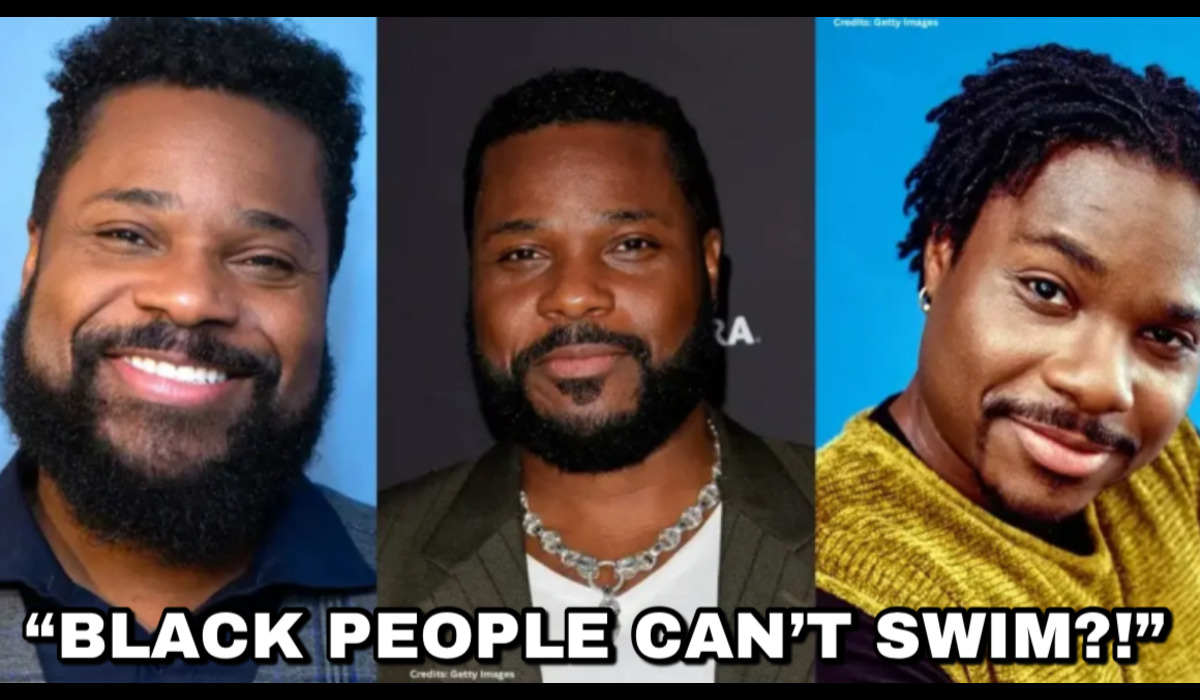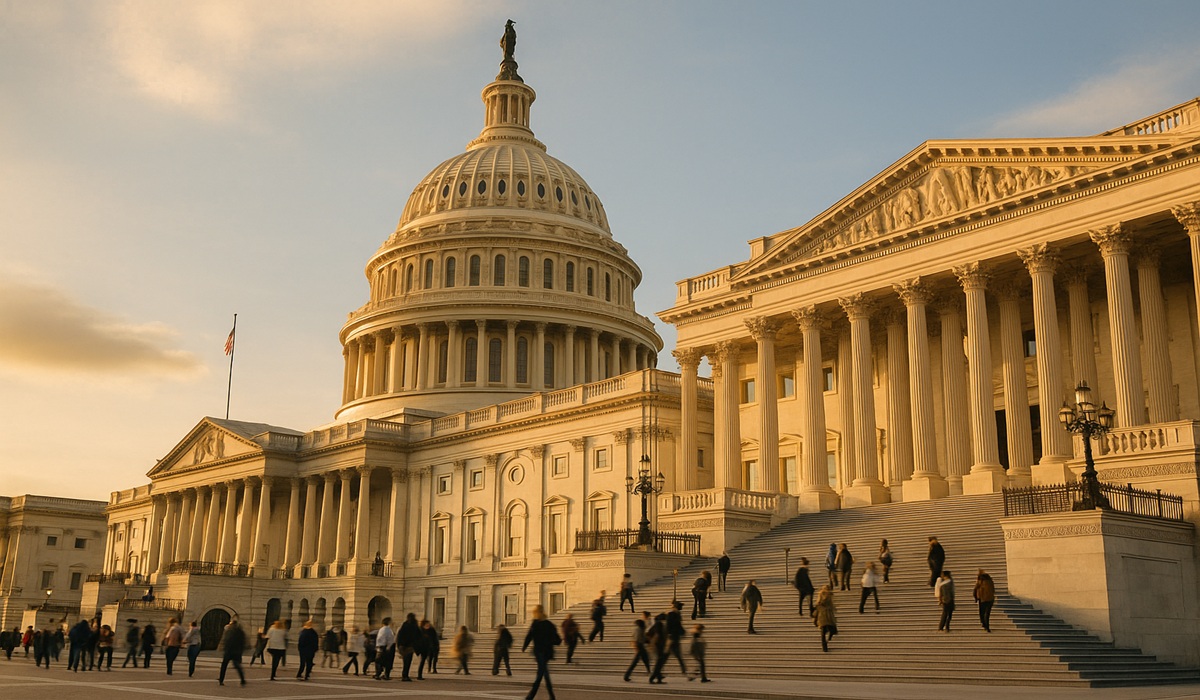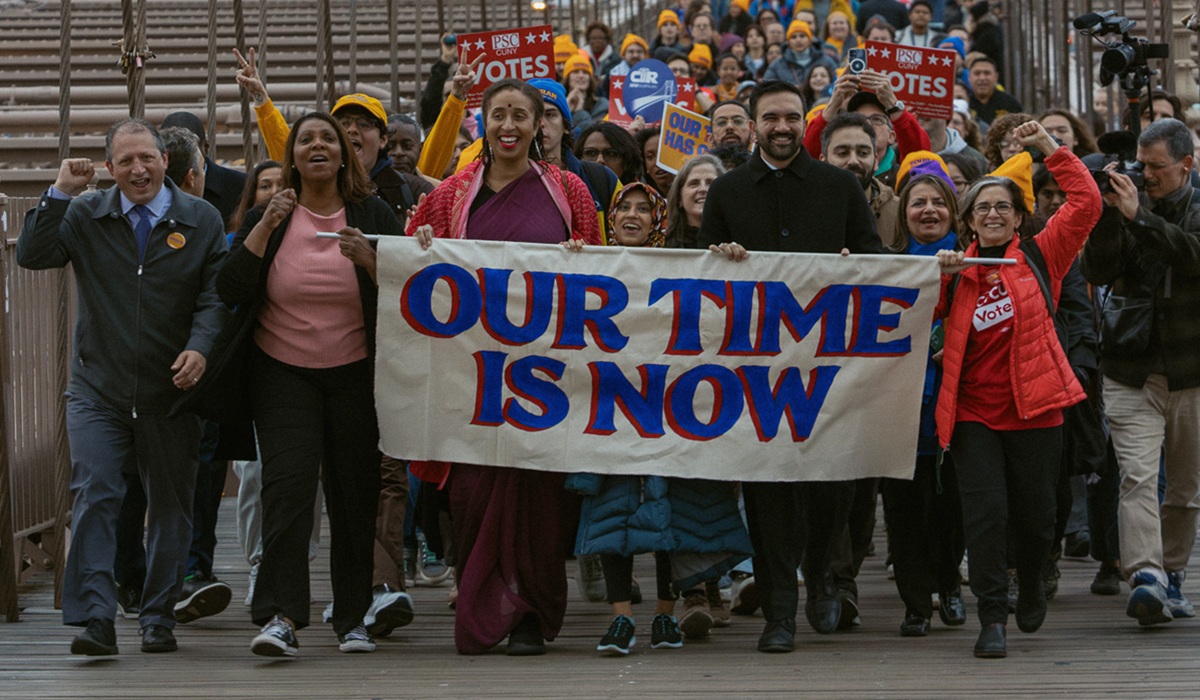“Black People Can’t Swim?”: The Ignorance, Racism, and Disrespectful Response to Malcolm-Jamal Warner’s Tragic Drowning
- Emma Ansah
- U.S.A
- August 6, 2025

Malcolm-Jamal Warner’s name is being dragged through the digital dirt just days after news broke of his tragic drowning. And instead of mourning with grace or showing even a sliver of human decency, some folks online decided to say the quiet part loud — using his death to revive the tired, racist claim that “Black people can’t swim.”
Yes, they really said that. And no, I’m not letting it slide.
Let’s get the facts straight before we drag the ignorance. Warner was reportedly caught in a rip current— not just a strong wave, but a fast-moving ribbon of water that can take even elite swimmers under. Rip currents are responsible for hundreds of drownings every year, and they don’t care what color your skin is, how strong you are, or what Olympic medal you’ve got tucked in your drawer. This was an accident. A devastating one. Not some punchline for the internet’s favorite anti-Black stereotype.
But leave it to these online trolls to weaponize history they don’t understand.
A Brief History Lesson They Clearly Missed
The lie that “Black people can’t swim” didn’t just fall out of the sky. It was built — brick by racist brick — through generational denial of access, starting in segregation-era America. Public pools? Whites-only. Beaches? Often off-limits. And when integration finally came around, Black swimmers were met with violence, drained pools, and literal acid being thrown in the water.
Black children were kept out of swim classes. Generations of families never had access to proper water safety training. This wasn’t about biology — this was systemic exclusion, dressed up as cultural deficiency.
It’s wild how folks can laugh at “Black people can’t swim,” but never question why. That would require actual thinking — and confronting anti-Blackness that lives quietly in their psyche, like mold behind a wall.
The Racism Doesn’t Stop Just Because You’re Dead
What we’re seeing right now — the mockery, the memes, the sneering comment sections — is textbook anti-Blackness. Even in death, Black people are denied peace. When white celebrities pass, they’re mourned with candlelight vigils and teary retrospectives. When Black folks die, they become punchlines. It’s grief inequality — and it’s disgusting.
This is how white supremacy plays out in real-time. When a Black man drowns, instead of compassion, we get commentary. Instead of questions about safety or riptide awareness, we get jokes about our supposed genetic inability to float. Blackness is dehumanized, even in mourning.
The Internet Is a Mirror — and Some of Y’all Need to Take a Long Look
Let’s talk about the hypocrisy. The same internet that will launch a thousand thinkpieces about mental health, compassion, and “checking on your strong friends” will turn around and roast a dead man for drowning in a freak accident. That’s not dark humor — that’s a moral failure.
If this were a white actor — say, Leonardo DiCaprio — caught in a rip current, we’d be having national conversations about ocean safety and climate change. But Malcolm-Jamal Warner dies, and suddenly we’re swimming in racial stereotypes and low-budget jokes? Nah. We see what’s going on.
Speak on It or Be Complicit
This isn’t just about Warner. This is about what we allow. When we let ignorance go unchecked, it festers. When we stay silent while Black death becomes a punchline, we send the message that our lives — and our deaths — mean less.
So yes, call it out. Speak on it in your group chats, on your timelines, in your classrooms. Share the history. Educate the folks who clearly skipped that part of the syllabus.
Because silence? Silence is what keeps this mess alive.
Rest in Power, Malcolm-Jamal Warner.
You deserved better in life. You damn sure deserve better in death.








